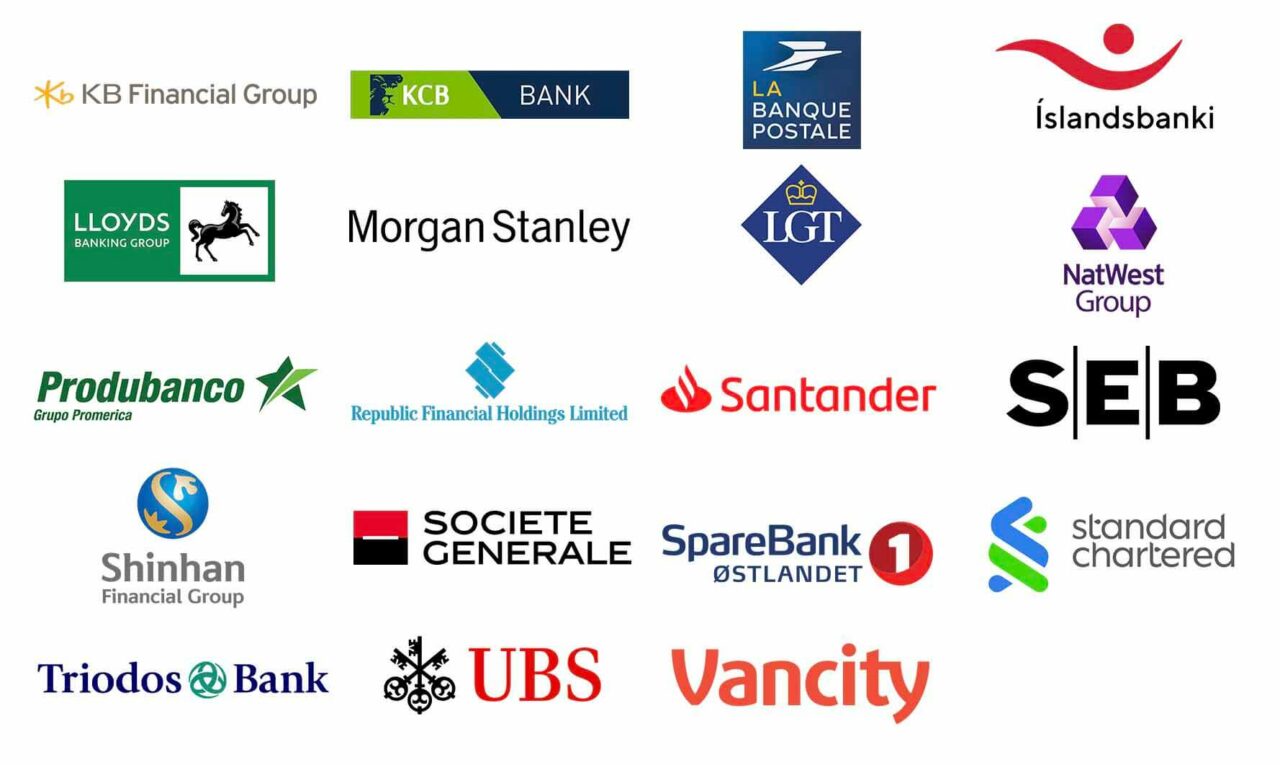What is the Net Zero Banking Alliance?
An initiative led by major global financial institutions to play a key role in decarbonizing the global economy
Founded in 2021, the Net Zero Banking Alliance (NZBA) is a group of leading global banks committed to aligning their lending, investment, and capital markets activities with net-zero greenhouse gas emissions by 2050.
The Net-Zero Banking Alliance (NZBA), an initiative under the broader Glasgow Financial Alliance for Net Zero (GFANZ), is a promising private sector-led initiative aimed at decarbonizing the global economy.
Led by banks under the umbrella of the United Nations, NZBA works to provide framework, guidance, and peer learning opportunities to support members to design, set, and achieve credible science-based net zero targets for 2030 or sooner.
The Net Zero Banking Alliance in statistics, April 21, 2021
- 43 banks
- 23 countries
- US $28.5 trillion total assets
The Net Zero Banking Alliance in statistics, February 4, 2025
- 135 banks
- 44 countries
- US $56 trillion total assets
Formation of the NZBA
The industry-led Net-Zero Banking Alliance (NZBA), hosted by the United Nations Environment Programme Finance Initiative (UNEP FI) and co-launched with the Financial Services Taskforce (FSTF) of the Prince of Wales’ Sustainable Markets Initiative (SMI), is the newest net-zero alliance. NZBA brings together an initial cohort of 43 of the world’s biggest banks with a focus on delivering the banking sector’s ambition to align its climate commitments with the Paris Agreement goals with collaboration, rigour, and transparency.
The NZBA joins three existing initiatives: the UN-convened Net-Zero Asset Owner Alliance (convened jointly by UNEP FI and the Principles for Responsible Investment), the Net Zero Asset Managers Initiative, and the Paris Aligned Investor Initiative.

How the NZBA works
The NZBA is a bank-led international association convened by the United Nations under GFANZ, an umbrella group that also includes alliances of asset managers, asset owners, and insurers. Of these alliances, the NZBA represents the largest share of total assets under GFANZ, holding $66 trillion out of a total of $130 trillion assets represented by GFANZ and 43 percent of total global banking assets.
The NZBA’s 92 members include some of the largest and most influential financial institutions in the world, including Goldman Sachs, JP Morgan Chase, and Bank of America.
By joining the NZBA, members commit to reducing emissions attributable to their operations and—much more significantly—to their lending and investment portfolios to net zero by 2050.
Why action from financial institutions is important
Many of the economic activities that produce high greenhouse gas emissions are also capital intensive. Mining, fossil fuel extraction and refinement, transportation, and heavy manufacturing all entail large capital expenses. Similarly, the transition to renewable infrastructure and electrified road transport will also entail major capital expenditures, requiring substantial involvement by the financial sector.
According to one study, the world’s 60 largest banks have supplied $3.8 trillion in financing to fossil fuel companies since 2015. In 2021 alone, banks arranged for $459 billion in bonds and loans to the oil, gas, and coal sectors.
Steering group
The NZBA is governed by a 12-member steering group, which comprises representatives of 11 large member banks and Mark Carney, former governor of the Bank of England and the driving force behind GFANZ.
unlike previous bank-led initiatives aimed at aligning the financial sector with the Paris Agreement, such as the U.N. principles for responsible banking and the science-based targets initiative, the NZBA includes some of the biggest heavyweights in the banking industry.
the NZBA, if implemented robustly, would provide a mechanism for catalyzing emissions reductions in carbon-intensive industries using targets and pathways derived from the “best available scientific knowledge,” which appears to include decarbonization scenarios identified in IPCC reports.
IPCC modeling
As noted by the Financial Times, NZBA members previously rejected an explicit commitment to phasing out fossil fuel financing, preferring the targets set out by the IPCC to the ambitious decarbonization pathway proposed by the International Energy Agency in May 2021. Under IPCC modeling, banks can continue to finance fossil fuel projects, provided they are able to meet overall emissions reductions targets. The NZBA permits the use of carbon offsets in determining emissions
The question remains: will the NZBA accelerate financing for a net-zero future, or will sustainability pledges fall short? As banks wield immense power in shaping the global economy, their ability to drive meaningful climate action could define the financial sector’s role in the fight against climate change.
There is no solution to the climate crisis that does not address the role of private capital, and efforts by the private-sector to facilitate decarbonization is a positive step forward.
Source: View the Launch Press Release Announcement

